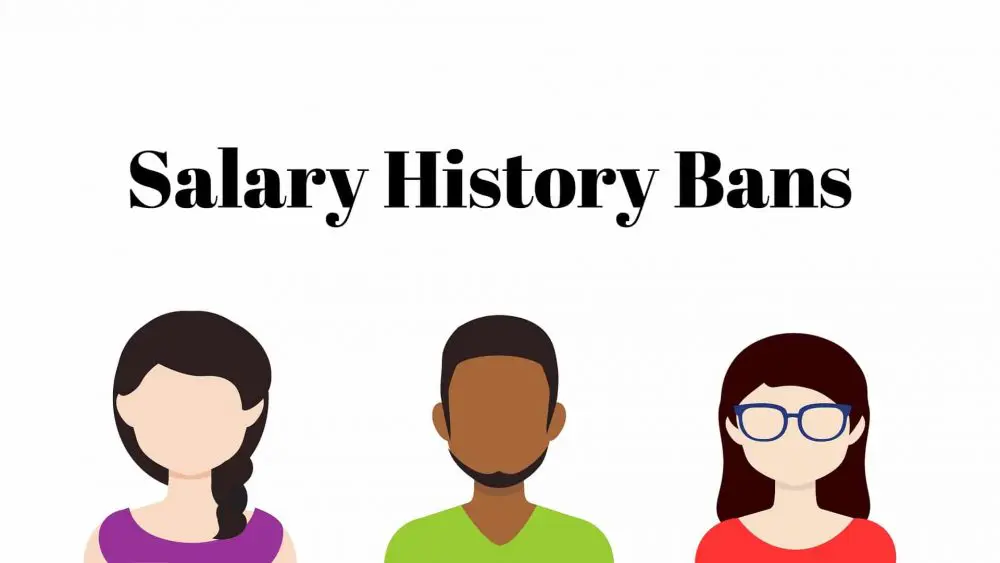
Here’s How Salary History Bans Benefit Workers
February 26, 2020
Genevieve Carlton, Ph.D
What are salary history bans, and how will they affect your job search?
On October 31, 2017, New York City began enforcing a new law. Employers can no longer ask job applicants about their previous pay during an interview. Under the law, even if employers knew an applicant’s salary history, they cannot base a salary offer on past pay.
Since 2017, multiple cities and states have enacted similar salary history bans. But what is a salary history ban, and who does it benefit?
In New Jersey, a 2020 law prohibits employers from asking about salary history during the job interview process or screening applicants based on pay history. The law applies to both prior pay and benefits. California’s 2018 salary history ban requires employers to provide pay scale information if requested. According to HR Drive, 18 states now enforce salary history bans, while 20 local governments also ban asking job applicants about their salary history.
However, some states take the opposite tactic. A 2018 law in Michigan banned salary history bans. According to the law, local governments in Michigan cannot regulate the information employers can request during the interview process. This means Michigan cities cannot pass salary history bans like those in New York City, San Francisco, and Atlanta. Wisconsin passed a similar ban on salary history bans in 2018.
What’s the goal of salary history bans? Salary history bans target a widespread problem known as wage inequality. Historically, women and people of color often earn lower wages for the same work, so basing new salaries on prior pay disproportionately penalizes those groups.
For example, a woman who was underpaid at her prior job might continue to earn less than the market rate at a new job simply because of her prior pay. The salary history bans aim to promote pay equity, or the idea that workers should receive equal pay for equal work regardless of their gender, age, or race.
When employers use salary history to determine a salary offer, it can harm employees. Instead, the salary history ban in New York City instructs employers to use the applicant’s qualifications and the job requirements to determine the salary rather than basing salary offers on previous pay.
“Everyone in New York City deserves to be paid based on their skills and qualifications, not their previous salary,” the New York City Human Rights Commission explains. “Inquiring about salary history during the hiring process, an action banned under the new Law, often creates a cycle of inequity and discrimination in the workplace, which perpetuates lower salaries specifically for women and people of color.”
Many salary history bans also prevent employers from penalizing employees who discuss their pay with coworkers. Pay transparency helps employees identify wage discrimination, where two workers make unequal salaries for the same work.
Job applicants should keep in mind that employers can still ask about salary expectations even in states or cities with a salary history ban.
What should job applicants do if a hiring manager asks for their salary history? Even though requesting salary information violates the law in multiple states, hiring managers might still ask the question. Consider requesting the approved salary range for the position if a hiring manager asks for your salary history. Applicants can also reframe the question around their salary expectations rather than their previous salary.
Let’s say a hiring manager violates a salary history ban––you might have legal recourse. “If your compensation was set based on your past salary, and it otherwise would have been higher, you may have a claim against your employer,” says employment lawyer Charles Joseph of Working Now and Then.
In New York City, job applicants who experience salary history discrimination can also contact the the NYC Commission on Human Rights to report discrimination.
If you have more questions about wage discrimination, check out our What is Wage Discrimination FAQ and learn more about other forms of discrimination in the workplace.